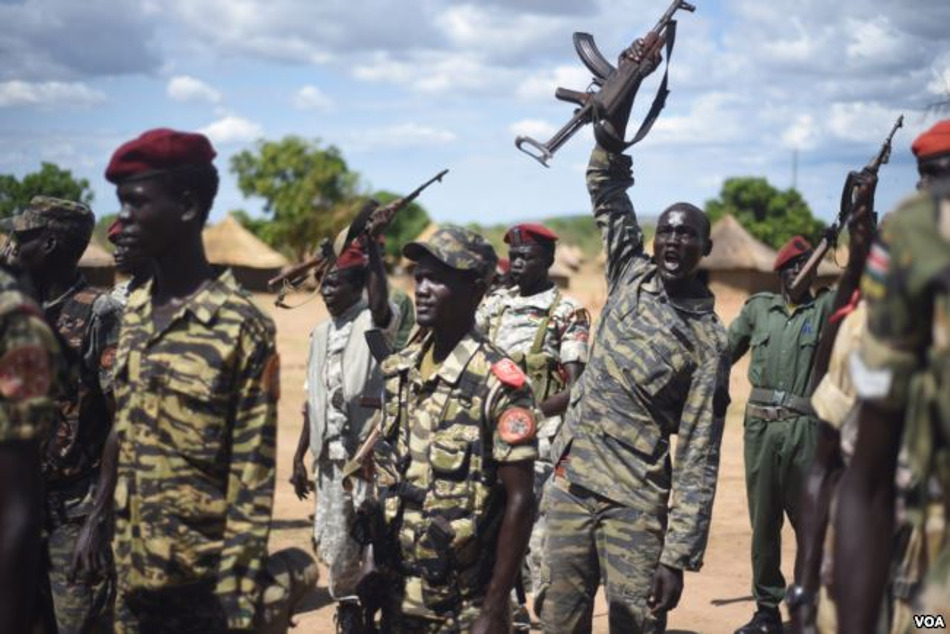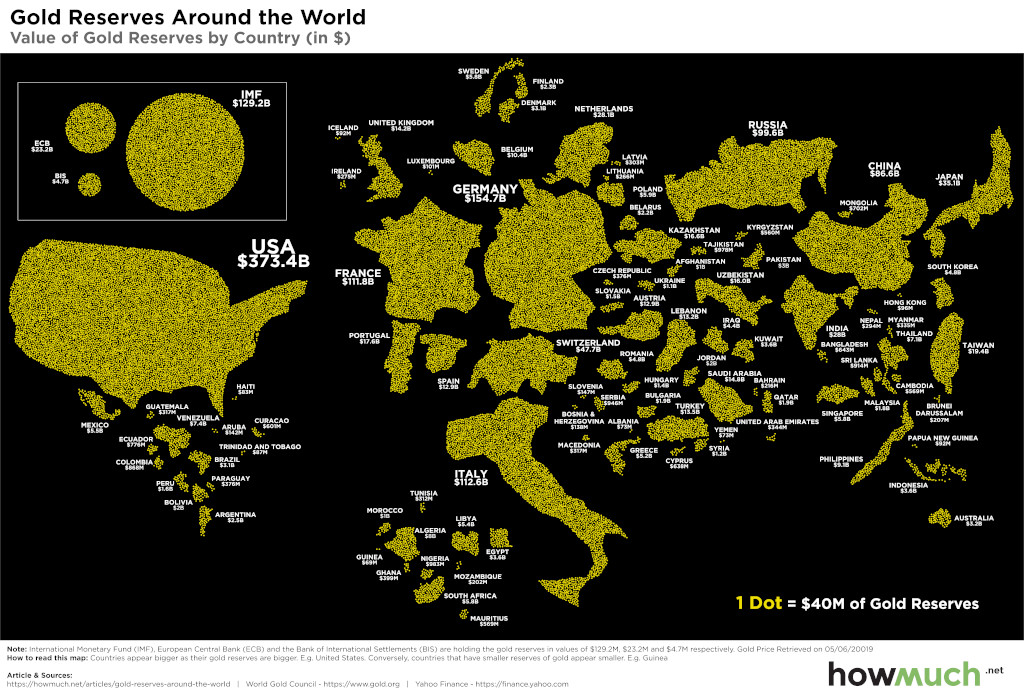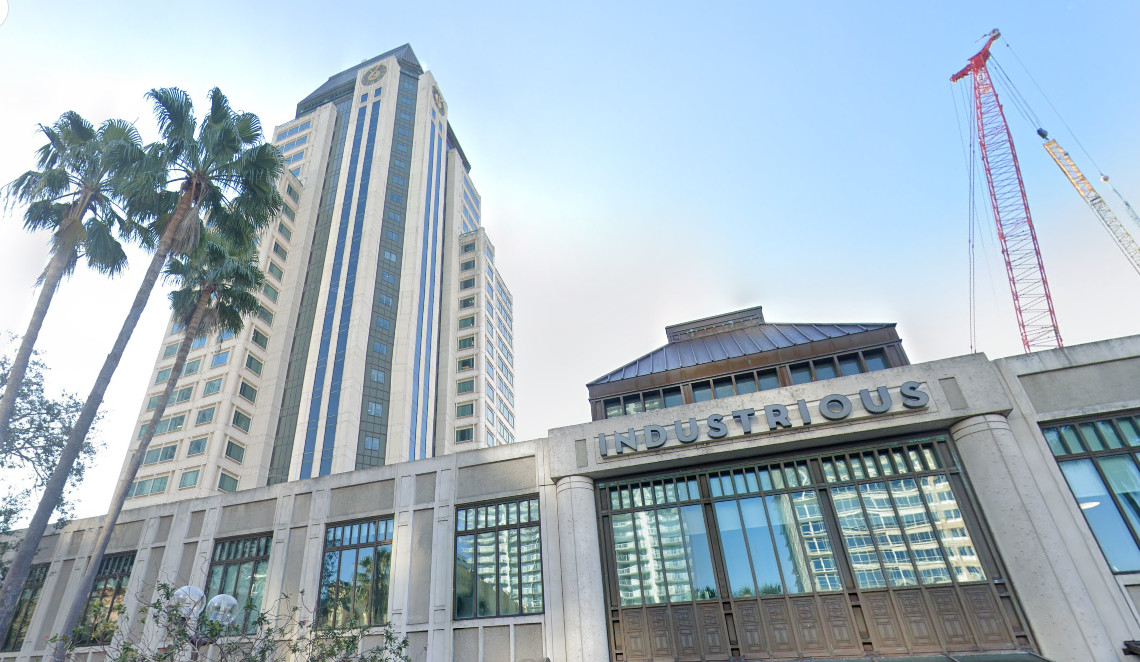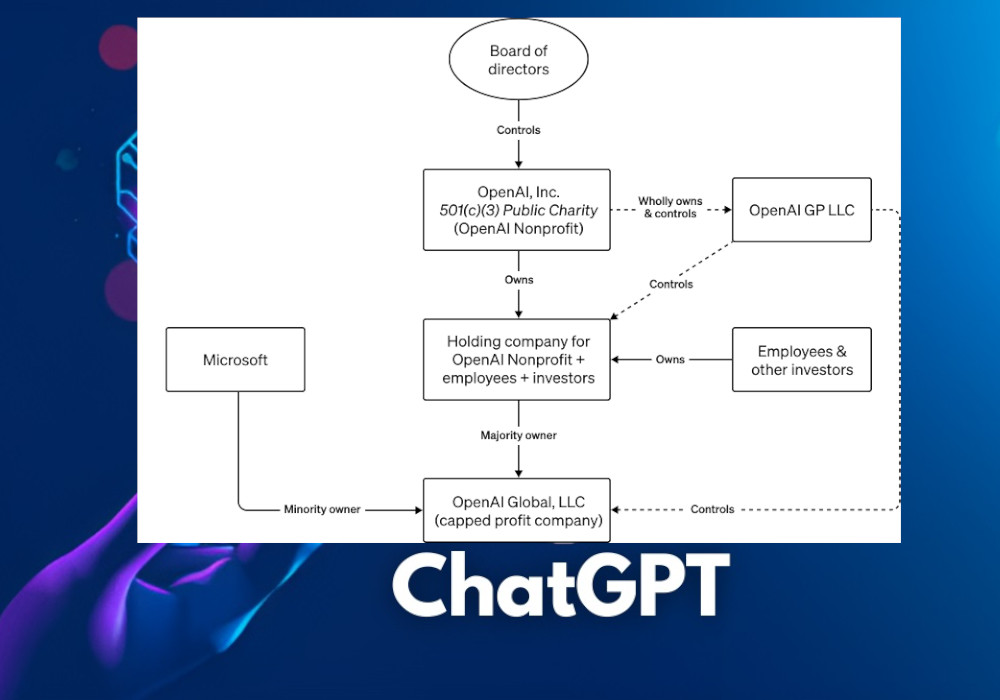LONDON (ViaNews) – The UN protection site in Malakal, South Sudan, was established for the sole purpose of protecting civilians from the country’s vicious civil war but in February 2016 it failed.
Heavily armed militants faced little resistance as they stormed through the site and shot dead dozens of civilians, including two workers from the aid organisation Médecins Sans Frontières (MSF).
More than 100 were wounded and it is estimated that 3,700 shelters, or one-third of the site, was burned to the ground.
This atrocity was just one of many allegedly carried out by militias in South Sudan’s Upper Nile state and – according to a report by The Sentry, an NGO that investigates the funding of atrocities in Africa – they were backed by the country’s petroleum ministry.
The Sentry’s investigators claim to have reviewed numerous documents that detail how millions of dollars in oil revenues have been funnelled from South Sudan’s state oil company, Nile Petroleum Corporation (Nilepet), to ethnic militias and state security forces.
Those forces are responsible for “egregious human rights abuses, including forced disappearances, extrajudicial killings and conflict-related sexual violence, massive population displacements, the destruction of livelihoods and food crops and the raiding of cattle,” according to a UN Panel of Experts.
Among the documents is correspondence that implicates the Ministry of Petroleum and Mining – which oversees Nilepet – in providing fuel and other supplies to Upper Nile militia groups, including those allegedly responsible for the attack on the UN compound in Malakal.
“The documents appear to describe how top officials used Nilepet funds to support a group of [ethnic] Padang Dinka militias active in north-eastern Upper Nile state and implicated in widespread attacks against civilians and other atrocities,” the report states.
The Sentry also claims to have seen an internal log that details 84 “security-related” transactions made by Nilepet between March 2014 and June 2015.
These include more than $80 million in payments made to politicians, military officials, government agencies, and private companies owned by politicians and members of their families, for services such as military transport for security forces.
A review of South Sudan’s published budgets and publicly available information about military procurement found that these transactions were not included in the country’s budget and were not available for public scrutiny.
Presidential spokesman Ateny Wek Ateny dismissed the claims made in the report, stating: “The oil money did not even buy a knife. It is being used for paying the salaries of the civil servants.”
The capture of Nilepet
The civil war in South Sudan began in 2013 when President Salva Kiir accused his former deputy Riek Machar of attempting a coup d’état. The accusation led to an outbreak of violence and while both the government and the opposition have their supporters, the fighting has evolved to have ethnic undertones.
Kiir’s Dinka ethnic group has regularly been accused of attacking numerous other groups across the country, while Machar’s Nuer ethnic group has been accused of attacking the Dinka. These attacks have included war crimes such as indiscriminate attacks on civilians, torture, rape, and extrajudicial executions.
A February 2018 report from UN Commission on Human Rights in South Sudan identified more than 40 senior military officials who may have been responsible for war crimes. And details “appalling instances of cruelty against civilians who have had their eyes gouged out, their throats slit or been castrated.”
Up to 300,000 people are estimated to have been killed in the fighting. More than 3.5 million have been displaced and a further 6 million face starvation.
Throughout the conflict, the government has led a major crackdown against the media and opposition groups and as a result little is known about how the government has financed the war.
However, with oil being the country’s main source of revenue, Nilepet has become the focus of many investigations.
A report by the advocacy group Global Witness claimed that Nilepet has been “captured by predatory elites” and fallen under the “direct control” of the President and his closest allies.
Like The Sentry, the group found evidence that the government has used oil revenue to pay for militia groups and security forces, with all of the transactions hidden from public scrutiny.
In a letter dated January 2016 and signed by the Minister of Petroleum and Mining, Nilepet was asked to pay $1.5 million for expenses incurred by state security forces deployed “in and around the oilfields” in Upper Nile state.
The letter was sent just months after one of the most violent periods of the war, which saw the oil-rich areas, including Malakal, engulfed in a brutal conflict between state and oppositions forces. The United Nations reported that during that period both sides were responsible for “killings, abductions, rape and forced displacement that have become routine”.
The letter, seen by Global Witness, implies that the government was demanding Nilepet pay the bill for the part they played in possible war crimes.
The White Army
Throughout the conflict, Dinka ethnic militias have been found to be fighting alongside the government’s Sudan People’s Liberation Army (SPLA) but outside of the military command structure.
Without any official government ties, these militias have the freedom to operate however they please and without any oversight. They are the same militias accused of the attack on the UN civilians camp in Malakal in February 2016.
According a United Nations Panel in January 2016, the government has circumvented weapons supply and accounting processes by using Nilepet to provide financial authorization for the purchase and transfer of “small arms and ammunition” to these militia groups.
Those arms are said to have been supplied through the Internal Security Bureau (ISB), a department of the country’s National Security Service (NSS). The ISB is headed by Akol Koor, who also sits on the board of Nilepet.
Human rights group Amnesty International documented how the militants, commonly known as the White Army, worked alongside the SPLA in an offensive against the members of the Shilluk ethnic group in the Upper Nile state between January and May 2017.
In the report, Amnesty’s researchers write that witnesses described how the White Army “rampaged” through the region during the government offensive and its members were armed with automatic weapons and wore military uniforms. They were allegedly involved in harassing, threatening and killing civilians.
The UN’s refugee agency stated in May that the violence in that area resulted in almost 20,000 refugees crossing the border from the Upper Nile area and into the neighbouring country, Sudan, in a single week.
The war economy
Speaking of the way the government has used Nilepet, Michael Gibb, Campaign Leader of Conflict Resources at Global Witness told Via News a sovereign government has the right to distribute revenues as it sees fit but noted that “not all military expenditure is legitimate”.
He said: “War crimes and crimes against humanity are never legitimate, even in defence of national security. There is, therefore, no right to finance them. There is considerable evidence to suggest such atrocity crimes have been committed in South Sudan.
“Laws exist to constrain the actions of those whom have been entrusted with considerable power. They are there to ensure officials act in the interests of people and country, rather than private interest. When payments are channelled through opaque institutions like Nilepet, powerful officials may be able to circumvent South Sudan’s own laws, and the accountability and oversight these bring.
“The UN panel of experts, for example, reported that Nilepet payments had circumvented the SPLA weapon supply and accounting mechanisms. It may also have made it possible to direct oil revenues into non-government accounts.”
He added that as a result of using Nilepet, millions have been borrowed against future oil production and this has the potential to trap the country in a dangerous debt cycle that would jeopardise the country’s future, even when the bloodshed ends.
“The Ministry of Finance appears in the dark about many important financial arrangements, and has lamented in its reports how little revenue is making it through the treasury,” he continued.
“This is not about telling South Sudan how to spend its resources, but making sure they are spent transparently and in way that is accountable to the people of South Sudan. Nilepet has been the means of shielding much of this expenditure from scrutiny.”
Global Witness is now urging the international community to put greater focus on the economics of the war. South Sudan can produce crude oil but it cannot refine it into the fuel and as a result, Nilepet has become integrated into the global oil supply chains and needs to be able to work with international refineries and traders.
It is these international companies and traders that the group say could play a key role in challenging and holding Nilepet to account.




